10 Natural Ways to Say Goodbye to Dog Bad Breath 2024
If you’re anything like most dog parents, you probably enjoy getting lots of hugs and kisses from your canine family member—but preferably without the dog's bad breath.
Besides instantly killing the mood for more cuddling, the stinky breath may also be an indicator of possible illnesses like oral or gum disease. Your dog's breath smells bad if he suffers from kidney or liver disease as well as similar serious health issues.
Natural ways to promote oral health at home
Unlike what a lot of pooch parents mistakenly think, keeping your furry friend clear of oral health issues (especially when it comes to routine oral hygiene care) is not just about getting your hands on conventional products.
And you’ve likely got the things you need to make a dog bad breath home remedy right now, too! You can actually make your very own oral health "products" using things in your kitchen or pantry. So if you're looking to take your dog's oral health up a notch—and treat bad breath while at it—make sure you follow along.
Why Does My Dog's Breath Stink?
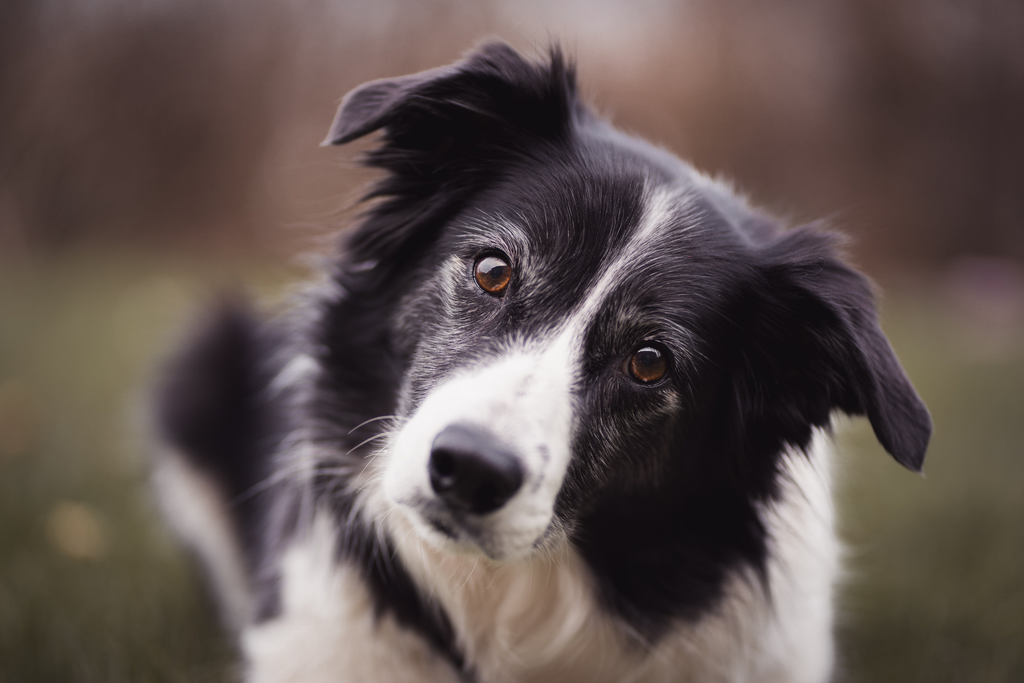
Bad dog breath generally refers to the condition where the breath of your furry best friend has a noticeably unpleasant smell. It is also known as dog halitosis and can be caused by an underlying cause or factors in most dogs.
We will quickly go over these underlying health conditions below:
Diseased teeth and gums
Diseased teeth and gums stem from poor oral hygiene, such as the lack of regular tooth brushing and cleaning, as well as plaque buildup and bacteria buildup. This often stems from food debris left in between your pet's teeth or under the tongue.
Besides irritating the gums and even causing periodontal disease, excessive plaque, tartar, and bad bacteria can also eventually result in infections, cavities, and abscesses that can give your dog’s breath a bad smell.
Stuff getting stuck inside your dog’s mouth
Your pup's bad breath may also be set off by his habit of biting and chewing on stuff. Some of these things may get stuck inside of his mouth like pieces of cloth, sticks, hair, and rope fibers, which can eventually cause a dog smelly breath if not immediately removed.
Moreover, if not taken out, these things can also cause different health problems like choking and irritation to the throat and roof of the mouth.
Diabetes
While this may sound odd, there’s a very big possibility that your dog is suffering from diabetes if his breath has a faint yet persistent fruity aroma. This smell can also be likened to that of nail polish remover.
What's really alarming about diabetes in dogs is that it can also potentially trigger several other health issues in many dogs like kidney disease, liver issues, and internal organ failure.
Liver issue
If your canine family member’s breath stinks and you also notice that his eyes, skin, and gums are yellowish, he is likely suffering from liver disease. Your dog's liver is basically in charge of getting rid of toxins in his body. This toxin buildup causes bad dog breath.
Kidney disease
Does your dog’s breath strongly reek of urine? Chances are he is likely suffering from kidney health issues. When your pet’s kidneys are not functioning properly, an organic compound called urea starts building up inside his circulatory system. Interestingly, urea has an odor that’s similar to urine.
Bizarre fixations in your dog's diet
If we’re being honest, it’s not uncommon to catch your canine companion poking around the trash for waste materials or even checking out other dogs’ poop now and then.
Although this may sound disgusting, there’s also the probability that your dog could have—say, for the lack of a better term—"sampled" these things when you were not looking, which can greatly lead to bad dog breath.
Bacterial imbalance
The presence of bacteria in a dog’s body is not necessarily a bad thing. There are actually “good bacteria” found in the mouth and gastrointestinal tract, which help neutralize the smell of a pet's breath.
Sudden shifts in dog food and dental treats may lead to deficiencies in minerals and other organic compounds that these good bacteria require to be able to thrive. These deficiencies, particularly in the decrease of malic and acetic acids, may also be caused by the use of veterinary prescription medications.
One of the more noticeable signs that there is a bacterial imbalance is bad breath. Additionally, excessive tooth and mouth cleaning can also cause this decrease in good bacteria.
What Should Dog Breath Smell Like?
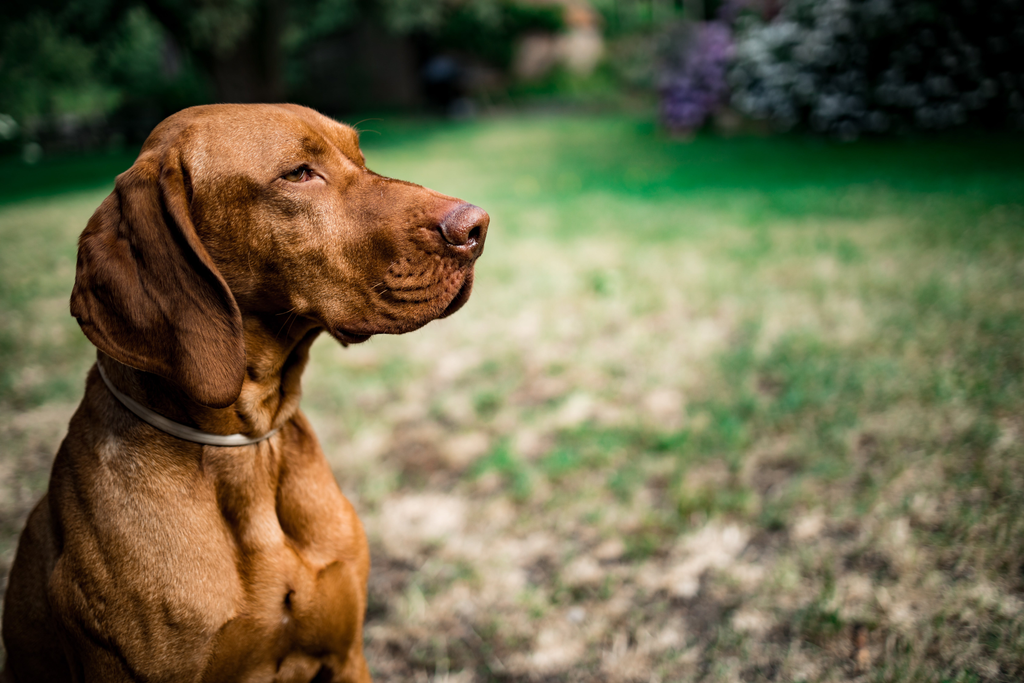
A dog’s breath should smell like the food he’s just eaten or is consuming regularly. While a slightly pungent and earthy odor can be expected from your pet’s breath, it should not be overpowering or lingering in any way.
Moreover, the breath of your pooch should not smell rotten or like that of poop. A slightly metallic smell also indicates bleeding or the presence of ulcers in and around the oral region.
Does Bad Dog Breath Automatically Mean an Infection Exists?
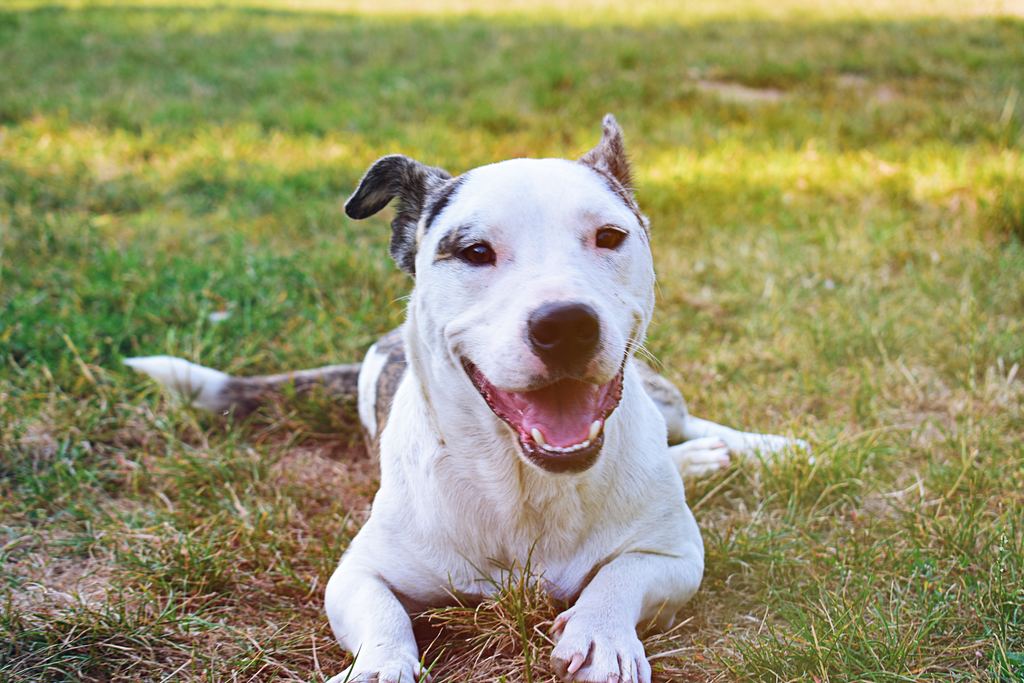
The short answer is no.
Your dog's smelly breath could be simply caused by foods having pungent odors or those that produce sulfuric compounds when they react with his saliva. They can also be the result of specialized diets. These odors normally go away after you brush your dog's teeth (with canine toothpaste, of course) or use dental chews.
However, suppose your dog’s bad breath is accompanied by other symptoms such as excessive thirst, increased urination, sudden weight loss, jaundice, and similar unusual indicators. In that case, it is likely triggered by oral infections or disease.
How Can I Get Rid of My Dog's Bad Breath Naturally?
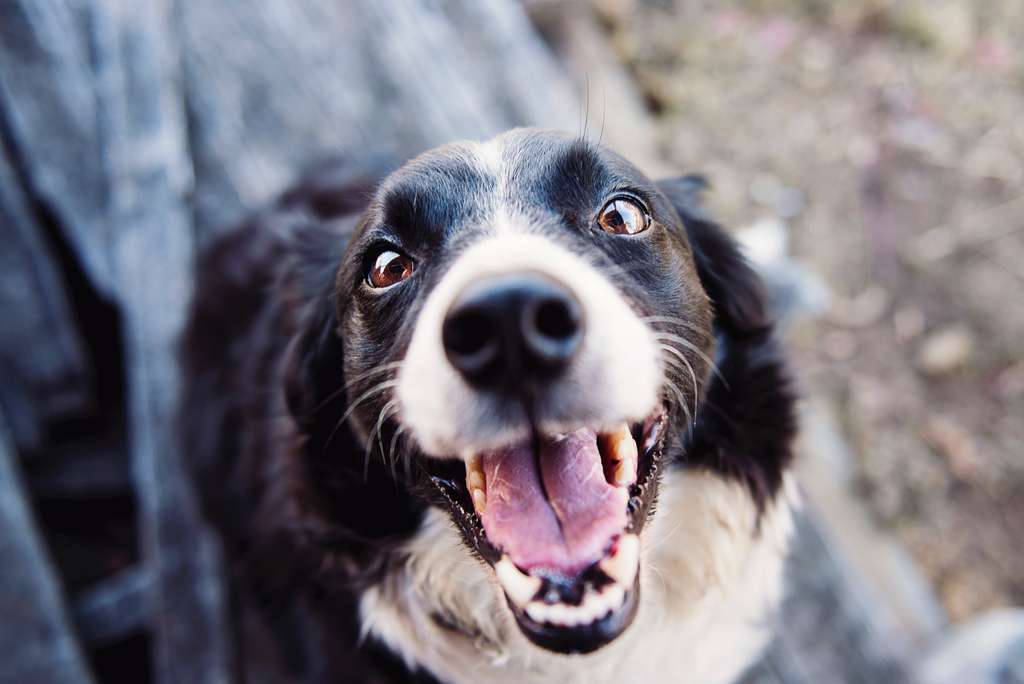
When it comes to the question of how to get rid of your dog's bad breath, there are many home remedies that you can go for. Here are the best natural options you should include in your daily pet care pampering chart the next time your pet's breath gets a bit stinky:
#1. Apple cider vinegar
As reported by Healthline, apple cider vinegar is abundant in an organic compound called acetic acid. Besides giving vinegar its distinctive sour flavor, this type of acid also helps inhibit the growth and development of bacteria.
To use apple cider vinegar for bad breath in dogs, add a fourth of a teaspoon of it to your canine family member’s water bowl every three (3) days. Lemon juice can also be used as a substitute. Make sure you don’t feed it directly to your dog since its high acidity content can be quite unpleasant for your pet.
#2. Aloe vera
The National Center for Biotechnology Information (NCBI) reveals that aloe vera has anti-inflammatory and antibacterial properties, which have been seen to have beneficial effects on those suffering from gum diseases such as periodontitis and gingivitis.
To use aloe vera to get rid of dog smelly breath, peel the skin off mature leaves and harvest the fleshy gel. You can slice them up into bite-sized pieces and mix them with your dog’s meal. Alternatively, you can also combine the aloe vera gel with your dog’s water.
#3. Carrots
According to the Periodontal Associates of Memphis, carrots help stimulate the flow of saliva inside your dog's mouth. Apart from helping remove unwanted substances that may cause bad breath, the rough texture of carrots also stimulates a cleaning action on the teeth and gums.
To use carrots to maintain fresh breath, chop them up into little pieces and mix them directly with your pet's food. You can also grate them up for a smoother consistency.
#4. Celery
Everyday Health shares that celery contains organic compounds that help support the overall function of the salivary glands. The more saliva a dog has, the easier it will be for him to rinse out bad bacteria that can make his breath stinky.
To use celery to get rid of terrible canine breath, you can either directly give this vegetable to your beloved pet as a healthy snack or combine it with his regular meals.
#5. Cinnamon
As revealed by ScienceNews, cinnamon is rich in cinnamic aldehyde which has been seen to help promote the ideal production and release of saliva. Having sufficient saliva keeps bad breath-causing bacteria from clinging to the gums as well as the back of the tongue.
To use cinnamon to keep your pet's breath fresh, add a couple of pinches of this spice to your canine family member’s meal and you’re good to go. Keep in mind not to get any cinnamon near his eyes or nose since it can irritate them.
#6. Coconut oil
According to a study published in the National Center for Biotechnology Information (NCBI), coconut oil has been seen to have versatile properties when it comes to helping reduce bad breath, as well as other oral health benefits like keeping gums healthy and preventing cavities.
To use coconut oil to get rid of dog smelly breath, gently apply a small amount of it onto your canine companion’s teeth, gums, tongue, and inside of the cheeks. Repeat this process at least twice a day until his stinky breath disappears.
Additionally, make sure you only use food-grade coconut oil for this application.
#7. Oranges
ResearchGate reports that oranges are very abundant in Vitamin C, which helps improve the production and release of saliva in the mouth. Besides setting off bad breath, reduced saliva production can also lead to the development of periodontitis and dental caries.
To use oranges to get rid of stinky breath, directly mix in a couple of segments of this sweet citrus fruit to your pet’s meal. Make sure you also remove the seeds and the stringy membrane before adding them.
#8. Parsley
The National Center for Biotechnology Information (NCBI) reveals that parsley is rich in polyphenolic compounds that help lessen the amount of disulfides, sulfides, and thiols in the oral region, which give off unpleasant smells when they react with certain foods.
To use parsley to get rid of dog stinky breath, you can give this leafy herb to your canine family member as a post-meal treat. Alternatively, you can also add a sprinkle of it to your dog’s food.
However, it is crucial to remember that you should only use curly parsley for this application since its spring cousin can be toxic to your beloved pet.
#9. Spirulina
Healthline shares that spirulina is abundant in chlorophyll which has been seen to have significant benefits when it comes to improving gut health and digestion in dogs. If left unchecked, digestive issues and gut deficiencies can eventually result in bad breath.
To use spirulina to get rid of smelly breath, directly add a pinch of it to your dog’s food. Make sure you mix it thoroughly since spirulina has a distinct fishy taste when eaten straight and dogs don’t find that appealing.
#10. Yogurt
According to Today, yogurt contains beneficial probiotics that help lessen hydrogen sulfide levels in the mouth, which are the usual culprits when it comes to stinky breath. This dairy product also aids in maintaining ideal gastrointestinal function.
To use yogurt to get rid of stinky breath, mix a tablespoon of it directly into your dog’s meals. It is crucial that you only use plain Greek yogurt for this application since other varieties can either have too much sugar or have a lot of milk in them.
Next up, here’s our favorite dog breath home remedy that I told you about earlier…
A Completely Natural Oral Health Product for Dogs
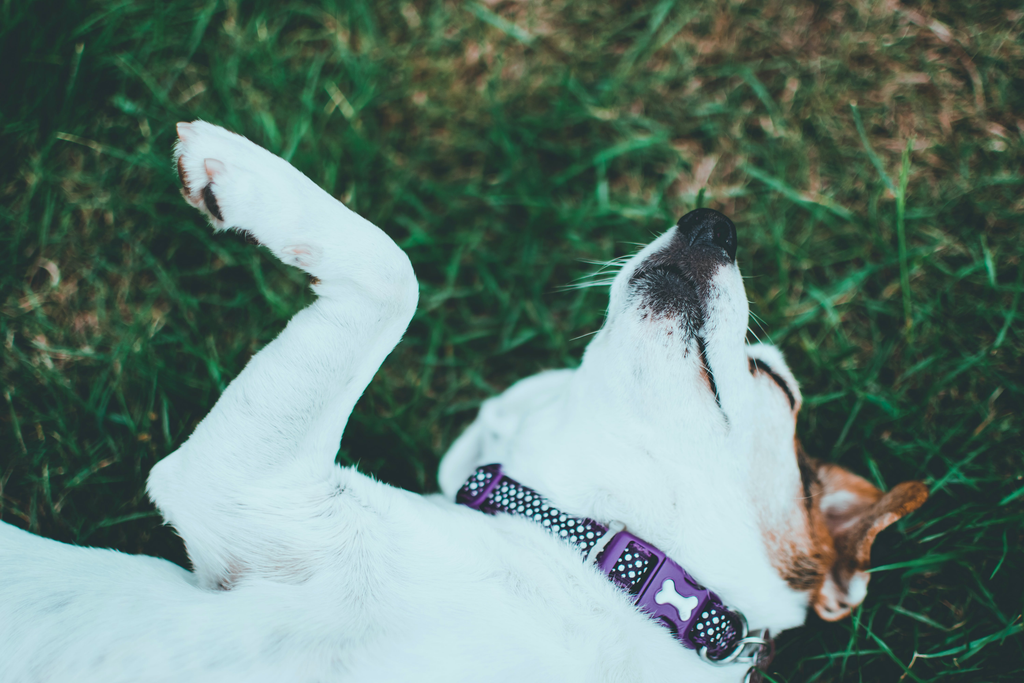
Zumalka’s BAD BREATH KIT is designed to promote better digestion and cleanse the organs. It is composed of (3) homeopathic products: KIDNEY DRAINER, LIVER DRAINER, and LYMPH DRAINER, which we’ll briefly check out below:
KIDNEY DRAINER helps cleanse and eliminate toxins from the body, as well as improving immune function and rejuvenating the kidneys and urinary tract functions. See, when your canine family member’s kidneys are not functioning properly, an organic compound called urea starts to build up inside his circulatory system, which makes his breath smell like urine.
LIVER DRAINER promotes the elimination of toxins present in the liver, thus improving liver functions as well as digestion. The unpleasant smell in your dog’s breath is caused by the buildup of toxins. Moreover, his eyes, skin, and gums will also have a yellowish tinge if his liver isn’t ideally functioning.
LYMPH DRAINER promotes lymphatic drainage and the elimination of cellular waste. It also helps in the cleaning and filtering of blood and contributes to the natural production of antibodies to support the immune system.
Can I Use Human Toothpaste on My Dog?
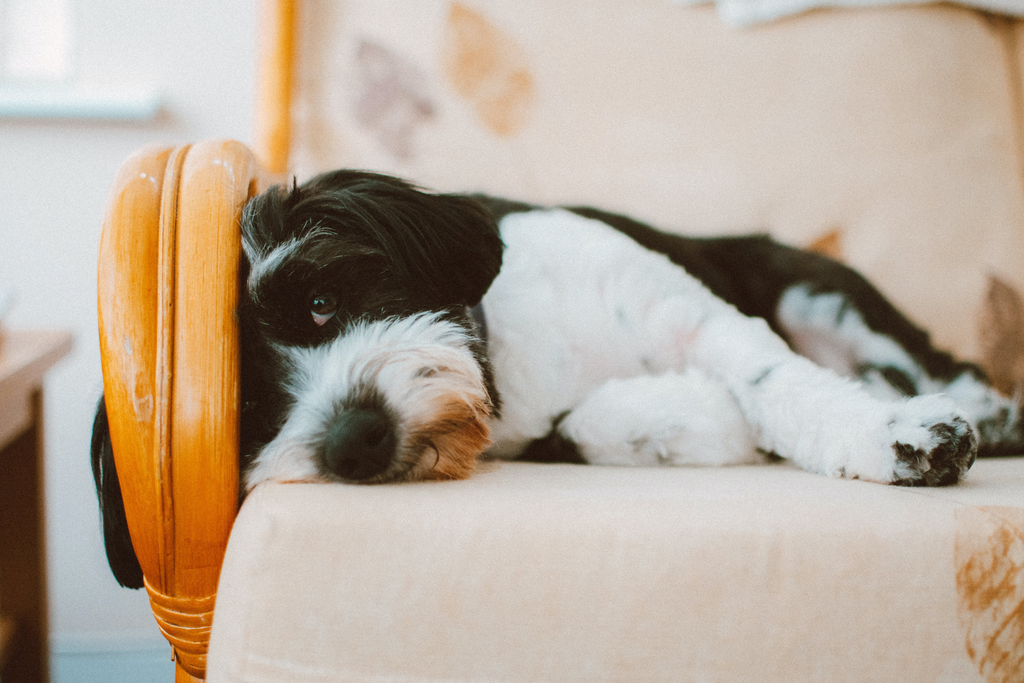
The short answer is no.
Human toothpaste contains ingredients that can be extremely toxic to your pet.
These include the artificial sweetener xylitol, which can cause dangerously low blood sugar levels, sodium lauryl sulfate (SLS), which can trigger severe stomach upsets, as well as fluoride, which can be toxic to dogs if ingested in large quantities.
Can You Brush Your Dog's Teeth with Baking Soda?
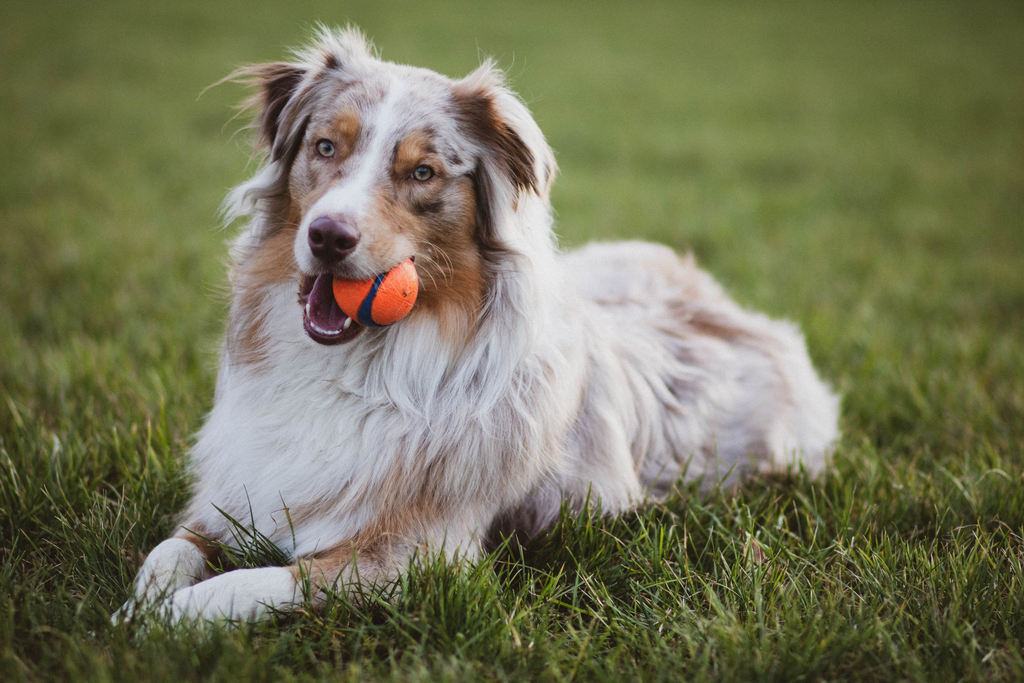
No, it’s not okay to brush your canine family member’s teeth with baking soda because of two key reasons:
First, baking soda has an unpleasant taste that your dog won't be excited to sample anytime soon. Besides making him uncooperative, this unpleasant taste will also make him think that brushing is not an enjoyable experience.
Second, baking soda is inherently high in alkaline, which can disrupt the normal levels of stomach acids if swallowed. This is quite counterproductive because imbalances in a dog’s gastrointestinal tract can lead to bad breath.
Is It Too Late to Start Brushing My Dogs' Teeth?
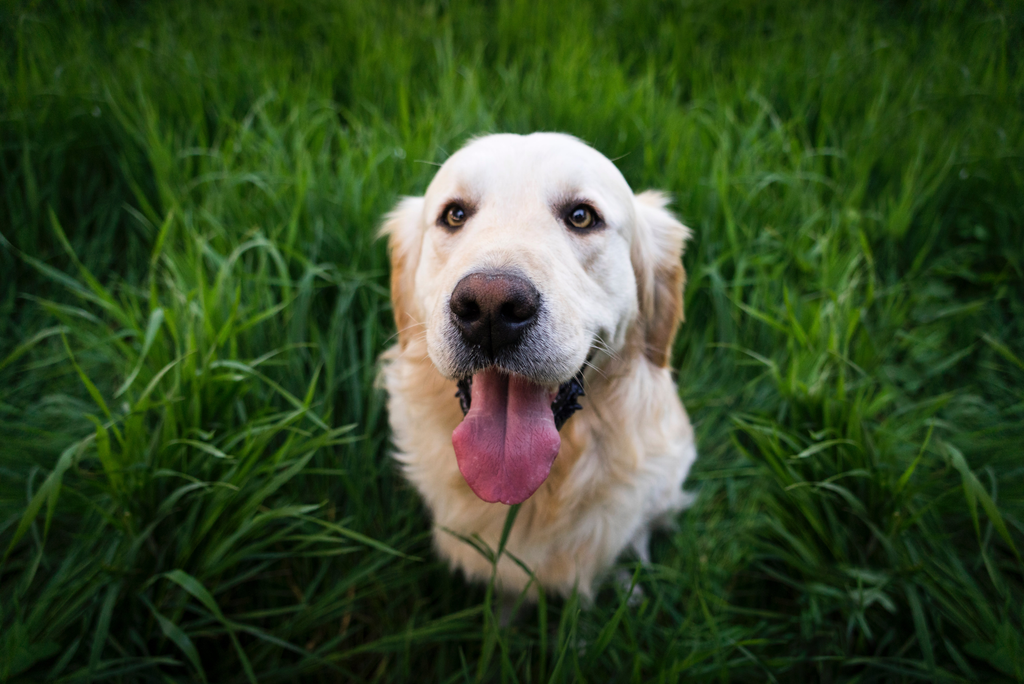
Unlike what some people mistakenly believe, it is never too late to start brushing your canine family member’s teeth regardless of their age.
Although it is ideal to start brushing your dog’s teeth when he is still young, there is nothing wrong with introducing him to the routine when he is already a bit older. See, whether your canine companion is a pup, a juvenile, or an adult, he still needs proper oral care.
Is Stinky Dog Breath Hereditary?
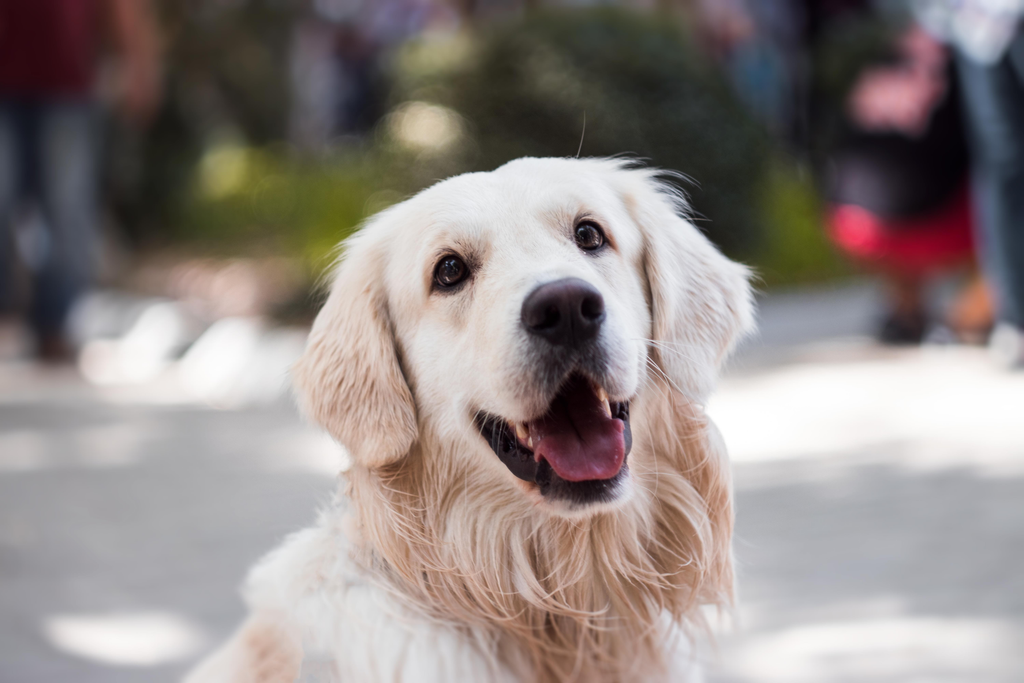
The short answer is no.
Bad breath in dogs is not hereditary and there are no breeds that are prone to having stinky breath because they are genetically predisposed to the condition.
Moreover, dog stinky breath is generally attributed to dental issues as well as metabolic diseases like diabetes and kidney failure. This is why having a reliable home remedy for bad breath in dogs like Zumalka’s BAD BREATH KIT is a must to ensure that his breath doesn’t just stay fresh, but also helps keep his immune system in tiptop shape.
If you’d like to learn more about dog terrible breath and treatment options that best fit your animal's health needs, you can schedule an online consultation with a pet homeopathy expert right now.


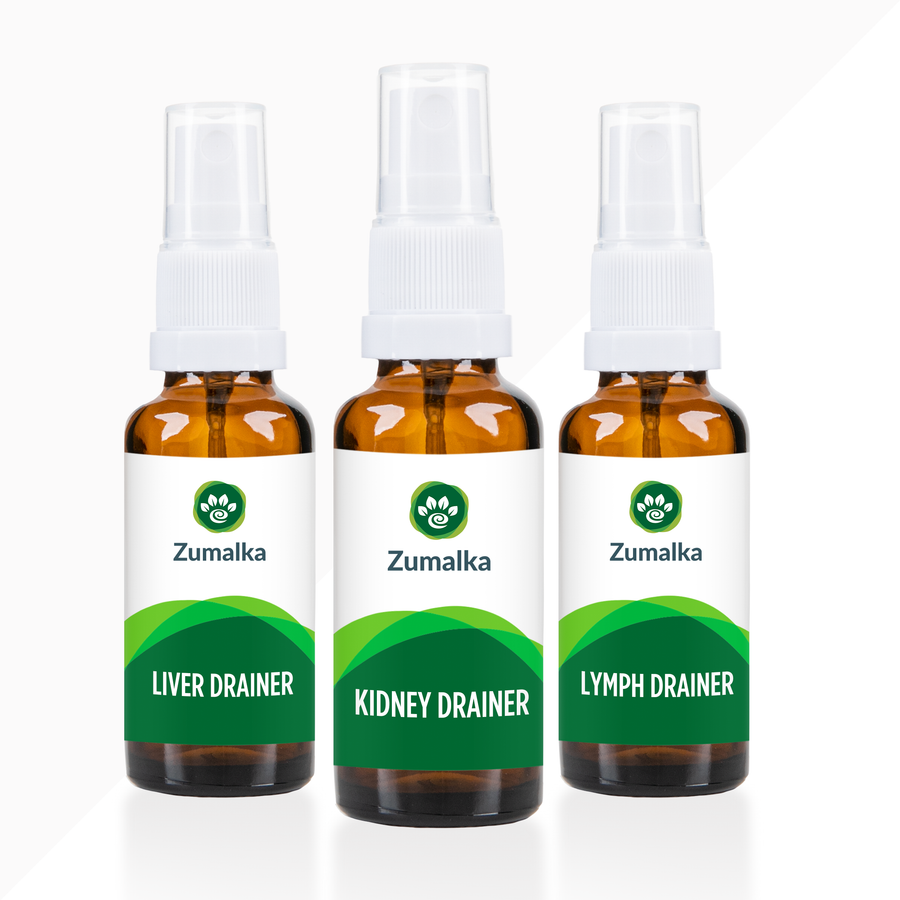
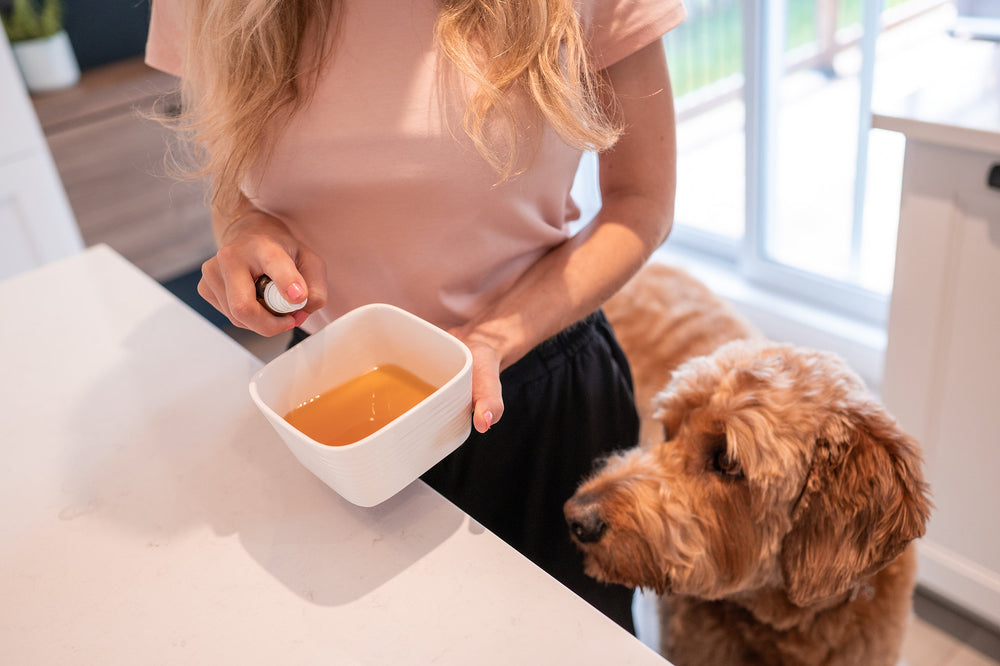


Leave a comment